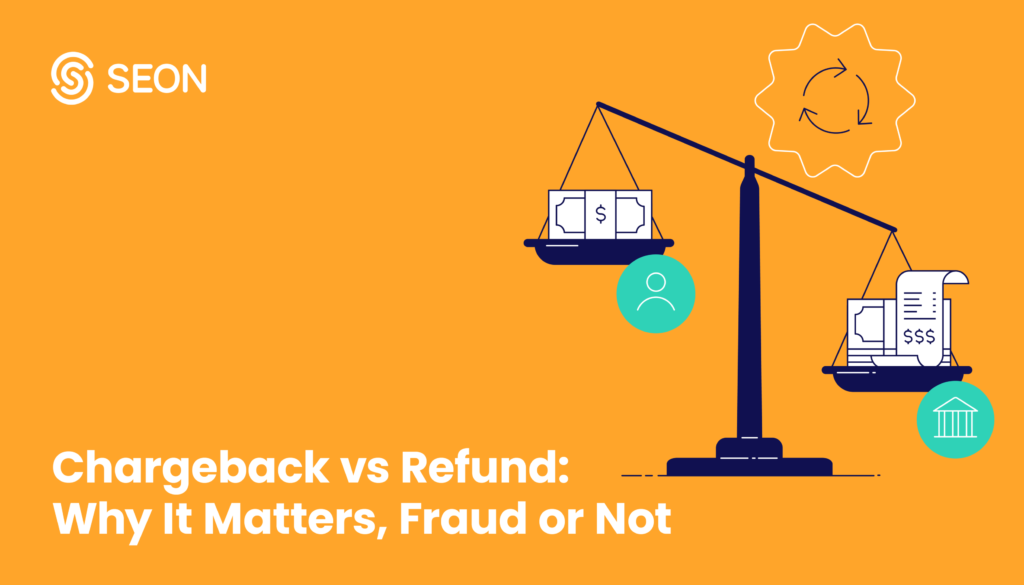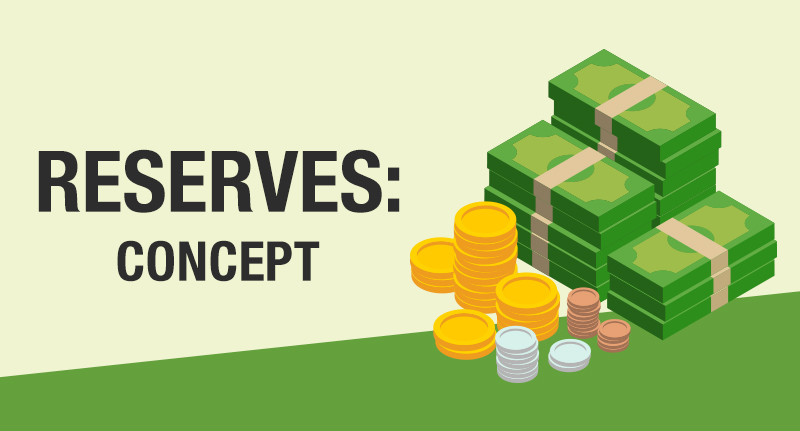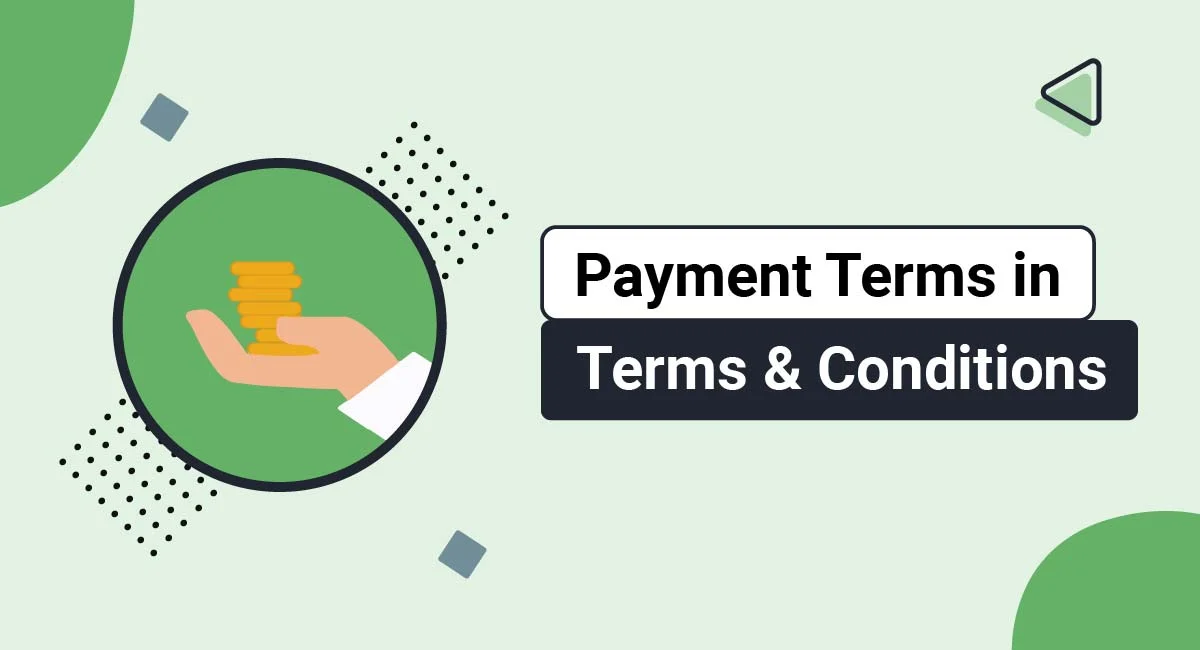AUTHOR: SNOW WHITE
DATE :- 04-11-2023
Introduction
In the fast-paced world of e-commerce and online transactions, payment gateways play a crucial role. They act as the bridge between customers and businesses, ensuring secure and seamless payment processes. However, for this relationship to work smoothly, there are certain terms and conditions that users, both consumers and businesses, must adhere to. This article delves into the key aspects of payment gateway terms and conditions, shedding light on what you need to know before you embark on your online payment journey.
What is a Payment Gateway?
Before we dive into the terms and conditions, let’s start with the basics. A payment gateway is a technology that enables online businesses to accept and process electronic payments, such as credit card transactions, debit card payments, and digital wallet transfers. It ensures that sensitive financial information is encrypted and secure during the transaction.
Understanding Payment Gateway Terms and Conditions
Now, let’s explore the essential aspects of payment gateway terms and conditions.
1. Registration and Account Setup
When you decide to use a payment gateway service, the first step typically involves registering for an account. This process requires you to provide accurate information about your business. Be prepared to verify your identity, as many payment gateways have strict KYC (Know Your Customer) requirements.

2. Transaction Fees
Payment gateway providers charge fees for their services. These fees can vary depending on factors such as the type of transactions, the volume of sales, and the currency used. It’s crucial to understand the fee structure and how it impacts your business’s profitability.
3. Security and Compliance
Payment gateways place a significant emphasis on security. To protect both consumers and businesses, they enforce strict security and compliance standards. Ensure your business complies with these standards, including PCI DSS (Payment Card Industry Data Security Standard).
4. Data Protection
Your payment gateway’s terms and conditions will outline how they handle customer data. Ensure that they follow stringent data protection regulations and have measures in place to prevent data breaches.
5. Payment Processing Times
Different payment gateways may have varying processing times for transactions. It’s important to understand these times, especially if your business relies on fast transaction processing.
6. Refund and Chargeback Policies
In case of customer disputes or unsatisfactory purchases, the terms and conditions of your payment gateway will specify the process for refunds and chargebacks. Be familiar with these policies to manage customer expectations effectively.

7. Termination of Services
Payment gateways reserve the right to terminate their services under certain circumstances[1]. These may include violations of their terms and conditions, fraudulent activities, or changes in your business model. Understanding the conditions under which services can be terminated is essential.
8. Integration and Technical Support
Ensure that your payment gateway offers seamless integration with your e-commerce[2] platform. Additionally, consider the availability and responsiveness of their technical support in case you encounter any issues.
9. Currency and Location Restrictions
Some payment gateways may have restrictions on the currencies they support or the regions they operate in. Make sure your payment gateway aligns with your business’s international aspirations[3].
10. Reserve Accounts
In some cases, payment gateways may hold a percentage of your earnings in a reserve account[4]. Understand the conditions under which this might occur and how it can affect your cash flow.

11. Regular Updates and Notifications
Stay informed about updates to your payment gateway’s terms and conditions. They may change over time, and it’s essential to adapt to these changes to ensure a smooth payment process.
12. Liability and Indemnity
Payment gateways typically include clauses that outline the liabilities and indemnities of both parties. Familiarize yourself with these to avoid any legal disputes down the road.
13. Third-Party Services
If your business relies on third-party services for various functions, ensure that your payment gateway accommodates[5] these integrations.
14. Reporting and Analytics
Consider whether your payment gateway provides comprehensive reporting and analytics tools to help you track your business’s financial performance.
15. Customization and Branding
Some payment gateways allow for branding and customization of the payment process. This can enhance the user experience and build trust with your customers.
Conclusion
Payment gateway terms and conditions are a critical aspect of online business operations. By understanding and complying with these terms, you can ensure a secure and efficient payment process for both your customers and your business. As the e-commerce landscape continues to evolve, staying informed about these terms is vital for your success.
FAQs
1. What is the primary purpose of payment gateway terms and conditions?
Payment gateway terms and conditions establish the rules and guidelines for using a payment gateway service. They cover aspects like fees, security, data protection, and dispute resolution.
2. Are payment gateway fees standard across all providers?
No, payment gateway fees can vary significantly between providers. It’s essential to compare the fee structures of different payment gateways to find the one that best suits your business.
3. What is PCI DSS, and why is it crucial in payment gateway terms and conditions?
The acronym PCI DSS deciphers as the “Payment Card Industry Data Security Standard,” a formidable shield that fortifies the integrity of financial information in the digital age.
It is vital in payment gateway terms and conditions because it ensures that sensitive payment information is securely handled and protected from data breaches.
4. Can payment gateway terms and conditions be changed by the provider?
Yes, payment gateway providers can change their terms and conditions. It’s essential to stay updated with any changes to ensure compliance with the latest regulations.
5. How can I choose the right payment gateway for my business?
To choose the right payment gateway, consider factors such as your business’s size, transaction volume, international aspirations, and integration requirements.





